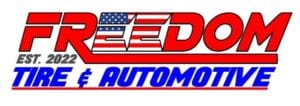
- huge tire selection
- competitive pricing
- nationwide warranty
- same day availability
Light Truck & SUV Tires: A Comprehensive Guide for Off-Road Enthusiasts and Everyday Drivers
Light truck and SUV tires are specifically designed to handle the unique demands of larger vehicles, providing the perfect combination of durability, traction, and comfort. Whether you’re a seasoned off-roader or simply looking for a reliable set of tires for your daily commute, this guide will help you understand the different types of light truck and SUV tires and how to choose the right ones for your vehicle.

All-Terrain Tires
All-terrain tires are designed for those who need a versatile tire capable of handling both on and off-road driving conditions. These tires typically have an aggressive tread pattern for better traction on rough terrain, while still providing a comfortable and quiet ride on paved roads. They’re perfect for the weekend adventurer who enjoys off-road excursions but still needs a reliable tire for daily driving.
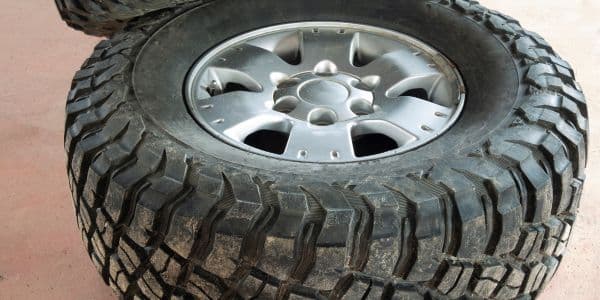
Mud-Terrain Tires
For the serious off-road enthusiasts, mud-terrain tires are the way to go. These tires feature large, chunky tread blocks that are designed to dig into muddy, rocky, and loose surfaces, providing excellent traction in challenging off-road conditions. Keep in mind, though, mud-terrain tires can be noisier on paved roads and may wear faster than all-terrain or highway tires.
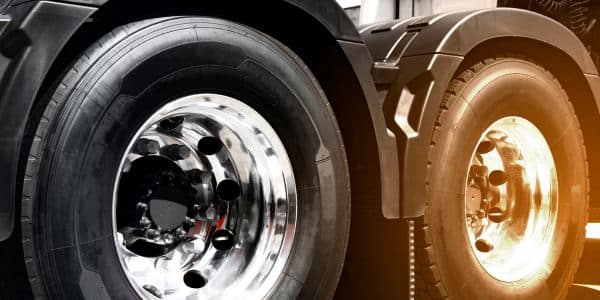
Highway Tires
If your truck or SUV spends most of its time on paved roads, highway tires might be the ideal choice. These tires are designed for a smooth, quiet ride with long-lasting tread life. They typically have a more conservative tread pattern that focuses on water evacuation and road noise reduction, providing a comfortable driving experience for those long road trips or daily commutes.

Performance Tires
For truck and SUV owners who value handling and speed, performance tires could be the perfect fit. These tires are designed with a focus on providing excellent grip, cornering, and high-speed stability. Performance tires may sacrifice some off-road capabilities and tread life for the sake of improved handling and responsiveness on paved surfaces.
Choosing the Right Tires for Your Light Truck or SUV
When selecting the right tires for your light truck or SUV, consider factors like your driving habits, the type of terrain you frequently encounter, and your vehicle’s specific requirements. Always consult your owner’s manual for guidance on the proper tire size, load-carrying capacity, and speed rating for your vehicle.
Tire Maintenance Tips for Light Truck and SUV Owners
Proper tire maintenance is essential for the safety and performance of your vehicle. Regularly check your tire pressure, rotate your tires, and monitor the tread depth to ensure optimal performance and longevity. Additionally, always have your wheel alignment checked if you notice uneven tire wear or if your vehicle pulls to one side.
In conclusion, understanding the different types of light truck and SUV tires and their intended purposes will help you make an informed decision when it’s time to replace your tires. By selecting the right tires and maintaining them properly, you’ll enjoy a safe, comfortable, and efficient driving experience, no matter where the road takes you.
Additional Factors to Consider When Choosing Light Truck and SUV Tires
Apart from the types of tires and driving habits, there are a few more factors you should consider before making a decision:
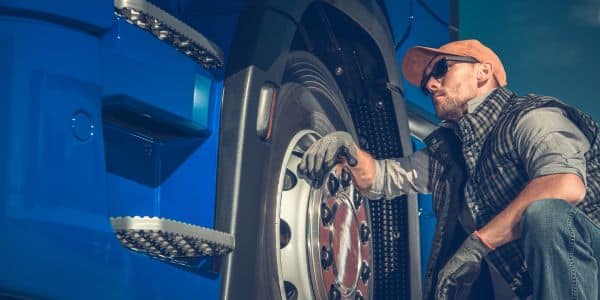
Load Range and Ply Rating
Load range and ply rating are essential factors to consider when choosing tires for your light truck or SUV. These ratings indicate the tire’s ability to handle heavy loads and maintain proper tire pressure under varying conditions. Make sure to choose tires that meet or exceed your vehicle’s load-carrying requirements, as specified in your owner’s manual.
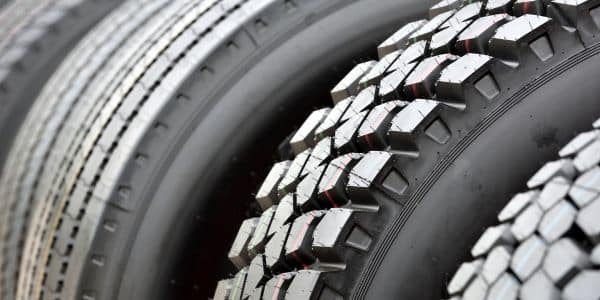
Tire Brand and Quality
When it comes to tire quality, not all brands are created equal. Some brands are known for their durability and performance, while others may prioritize affordability. Do some research on various tire brands and read reviews from other customers to get an idea of which brand might suit your needs best. Remember, investing in high-quality tires can save you money in the long run by reducing the frequency of replacements and ensuring optimal performance.

Climate and Weather Conditions
The climate and weather conditions in your area play a significant role in choosing the right tires for your light truck or SUV. If you live in an area with harsh winters and heavy snowfall, consider investing in a set of dedicated winter tires to ensure safety and optimal performance during the colder months. On the other hand, if you reside in a region with scorching summers, look for tires with heat-resistant rubber compounds to prevent premature wear and maintain traction on hot pavement.

Fuel Efficiency
Fuel efficiency is another crucial factor to consider when selecting tires for your vehicle. Some tires are designed to reduce rolling resistance, which can improve your vehicle’s fuel efficiency. Low rolling resistance tires may help you save money on fuel costs over time, but it’s essential to weigh the potential savings against other factors like performance, comfort, and tread life.
Final Thoughts
Choosing the right tires for your light truck or SUV is a critical decision that can impact your vehicle’s performance, safety, and overall driving experience. By considering factors like tire type, load range, brand quality, climate, and fuel efficiency, you’ll be better equipped to find the perfect set of tires for your specific needs.
Always remember that regular tire maintenance, including proper inflation, rotation, and alignment, is vital to ensure the longevity and optimal performance of your tires. By taking good care of your tires and choosing the right set, you’ll be able to enjoy a smooth, safe, and efficient driving experience wherever your adventures take you.
Frequently Asked Questions
What’s the difference between all-terrain and mud-terrain tires?
All-terrain tires are designed for versatility, offering good traction on various surfaces, including both on and off-road conditions. Mud-terrain tires are specifically designed for extreme off-road situations, providing superior grip on muddy, rocky, and loose surfaces.
How do I know when it’s time to replace my light truck or SUV tires?
Monitor your tire’s tread depth, and replace them when they reach 2/32 of an inch. Additionally, look out for signs of uneven wear, sidewall damage, or any other visible issues that may compromise tire safety and performance.
Can I mix different types of tires on my light truck or SUV?
It’s generally not recommended to mix different types of tires, as it can lead to uneven handling and accelerated tread wear. Consult your owner’s manual for guidance on tire compatibility.
How can I improve the fuel efficiency of my light truck or SUV with the right tires?
Choosing low rolling resistance tires can help improve your vehicle’s fuel efficiency by reducing the energy loss caused by the tire’s deformation as it rolls. However, consider factors like performance, comfort, and tread life when making your decision.
How often should I rotate my light truck or SUV tires?
It’s typically recommended to rotate your tires every 5,000 to 7,000 miles to ensure even tread wear. Check your owner’s manual for specific recommendations for your vehicle.
